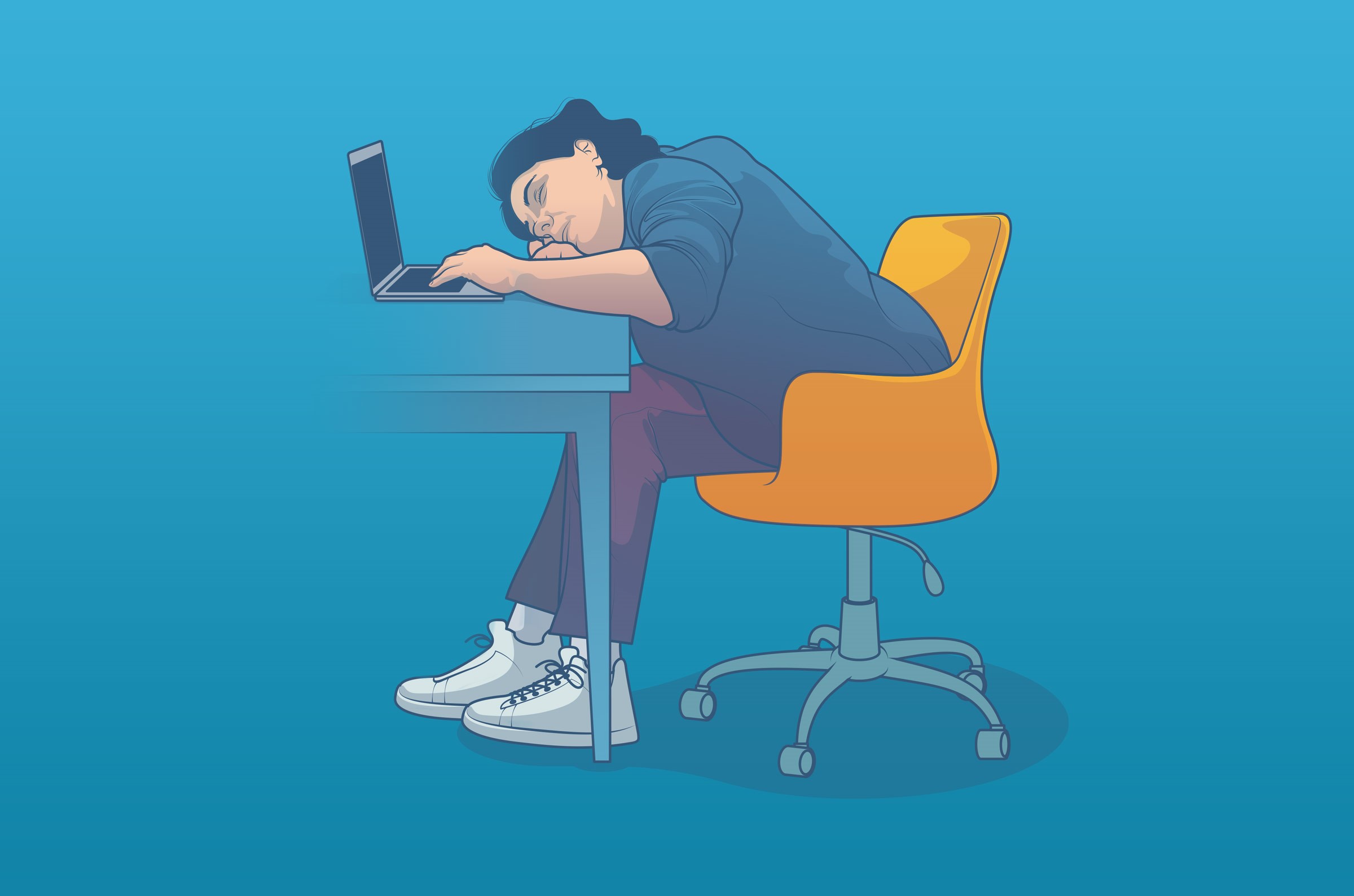Though oversleeping following a head injury may become a worry for an injured person and his relatives, the fact is that sleep gives the body a chance to rest and the brain an opportunity to recover. Furthermore, as sleep allows the brain to stockpile more energy, it is crucially required during the healing period following TBI.
It’s remarkable, however, that if oversleeping persists after sustaining a head injury, then post-traumatic hypersomnia can be identified. This may include induced sleepiness during the day and sleeping for more hours than the average 8 hours at night.
In this post, we will explore not only the etiology and contributing factors to post-traumatic hypersomnia but also its benefits when abundant sleep follows head injury and its optimal timing.
How Common Is Excessive Sleepiness After Brain Injury?
Sleep greatly facilitates the healing and repair process within the brain (key to recovery from TBI). This raises a question many will have—do most people sleep more after having a head injury? The simple answer is yes! An increased need for sleep is not at all uncommon when recovering from a head injury.
Typically, the brain uses about 20% of your total energy consumption, which is further increased when the brain starts repairing after it has been inflicted with damage. Therefore, there is a need for ample rest, which is necessary but vital for the brain to recharge its reserves and, indeed, repair itself.

Sleeping after TBI
They are sleeping well after TBI confers several other advantages. Much research has shown that good sleep also mainly contributes to learning new things and re-learning physical skills for traumatic brain injury survivors during the rehabilitation period. It can improve arousal and strengthen cognitive functions, including working memory and attention, which most often prove deficient in survivors after their injury.
Essentially, rest is the most essential ingredient in the recovery and repair of brain cells, especially in the recovery phase of TBI. This point leaves one wondering whether it is customary to sleep more than usual after a head injury. Well, the short and simple answer is yes! That precisely means it is normal if TBI survivors undergo more sleep than they routinely acquire before the accident/injury.
The brain naturally uses, on average, around 20% of a person’s total energy expenditure, and that general figure increases when the brain is working to restore its condition after trauma. Getting plenty of rest is not only expected but necessary for the brain to heal itself.
“Sleeping well also does so much more after TBI. For instance, much research has shown that robust sleep supports the ability to learn and remember how to do things—a coveted goal for many TBI rehabilitation patients. Sleep also boosts alertness and enhances the ability of executive functions such as working memory and attention, which often are impaired in survivors of head injury”.
Can One Sleep Too Much after a Brain Injury?

As we have just learned, sleep provides so many critical benefits for someone who is healing from a Traumatic Brain Injury (TBI). Now you must be wondering, what would count as too much sleep after a head injury?
In short, individuals recuperating from TBI should listen to their bodies and sleep when they feel like it, for however long they’d like. After all, the brain needs as much rest as possible during healing. Sometimes, too much sleep in the daytime or power napping may disrupt your sleep at night.
In this instance, it may be helpful to reduce the time one takes to nap. For instance, a timer can wake you after only half an hour of napping in the afternoon, and that does not interfere with your night’s sleep on subsequent occasions.
However, recall that you should only monitor the length of your naps if you have difficulty sleeping at night. If you take long naps but can still get a good night’s sleep, this is completely normal and helpful. This means you are giving your brain the rest it needs to heal itself.
Hypersomnia Sleepiness After a Traumatic Event
There are so many good things that go with getting the right amount of rest, but an increase in the duration of sleep after a head injury could be a sign of post-traumatic hypersomnia.
Are you troubled by your long hours of sleep? It helps to check on not only the quantity but also the quality. Notice some other symptoms accompanying it, like exhaustion during the day. This would mean that even though you slept all night and got a complete rest, you still wake up tired.
A whole host of other symptoms can be detected in post-traumatic hypersomnia:
- Feeling edgy or irritable
- Feeling more anxious
- Diminished interest in food or eating
- Speaking more slowly, with noticeable delays
- Encountering problems with memory
- Sleeping for over 10 hours each night
- Feeling restless or unable to relax
All these signs might lead to post-traumatic hypersomnia, and awareness about them is the first step toward helping the problem.
Post Traumatic Hypersomnia vs Narcolepsy
Post-traumatic hypersomnia, a narrow sleep disorder that can easily be confused with narcolepsy, also leads to an individual experiencing excess sleep or being perpetually sleepy. One major difference can, however, be realized in the kinds and styles by which an individual enters into sleep.
In the case of narcolepsy, the individual is virtually powerless over their sleep; they may sleep practically everywhere and on any occasion, even during a talk, if their bodies submit to an overpowering urge to sleep, as often happens and tend to turn out to be inconvenient in numerous different situations.
The other side claims people with post-traumatic hypersomnia. They generally are not prone to sleep attacks, unlike their narcoleptic peers, whereby they just drop off in the middle of doing things. Sure, they might feel entirely run down and exhausted, but they usually can muster up the required force of will to avoid going to sleep if the occasion demands it. That is the fundamental difference and, thereby, what makes the two sleep disorders somewhat different.
Head Injury Victims: Why Do They Sleep So Much?
Maximizing sleep hygiene is essential for patients with post-traumatic hypersomnia. This may involve a routine night’s rest, eliminating stimulants before bed, and preparing a conducive sleep environment.
Beyond these, numerous medications are available on a prescription basis for their excess sleepiness during the day. Among them are stimulants or promoters of wakefulness, like modafinil or armodafinil.
Physical therapy, too, could be a crucial measure for stemming fatigue from defects in motor challenges. It would enhance strength, endurance, and energy such that one’s activities would not require such an intense toll on one’s body, and the person may not necessarily compensate with so much sleep.
In case of suspicions of suffering from post-traumatic hypersomnia or other sleeping disorders, it’s necessary to seek medical help. Proper diagnosis and treatment can improve the quality of life significantly and help in managing the challenges associated with it much more efficiently.
Take Away
Remember that understanding the root cause of your oversleeping is crucial to treating it properly and avoiding further complications, so do not hesitate to seek professional help if necessary. Keep in mind that with proper care and management, a good night’s sleep can once again become an achievable goal.

